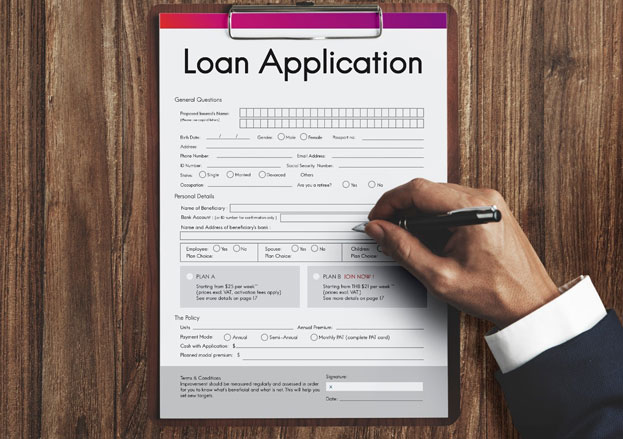
The Information Needed To Apply For An SBA Business Loan

Securing funding is a crucial step for any business, and Small Business Administration (SBA) loans are a popular choice due to their favorable terms and benefits. However, applying for an SBA business loan requires meticulous preparation and submission of essential information. In this guide, we'll outline the key details you need to provide when applying for an SBA business loan, helping you streamline the application process and increase your chances of approval.
Understanding SBA Loans
The SBA is a government agency that provides support and financial assistance to small businesses. SBA loans are partially guaranteed by the SBA, which reduces the risk for lenders, encouraging them to offer favorable terms to borrowers. These loans can be used for various business purposes, including working capital, equipment purchase, real estate acquisition, and more.Key Information Required for SBA Business Loan Applications
When applying for an SBA business loan, you need to provide comprehensive information about yourself and your business. Here are the essential details you'll need:-
Business Plan
-
Business Profile
-
Financial Statements
-
Personal and Business Credit History
-
Collateral Information
-
Loan Request
-
Personal Background and Resume
-
Legal Documents
-
Tax Returns
-
Use of Funds Statement
-
Debt Schedule
-
Employment Information
-
Market Analysis and Competitive Landscape
Conclusion
When applying for an SBA business loan, thorough documentation and a well-prepared application are essential. Providing complete and accurate information allows the lender to assess your business's financial health and success. By including all the necessary details and presenting a strong case, you increase your chances of securing the funding your business needs. Take the time to gather and organize all the required information to put your best foot forward during the loan application process. With a well-prepared application, you're on the path to accessing the financial support that can drive your business to new heights of growth and prosperity.Discuss your loan needs with our experts
+1 (216) 647-0007
Call to Our Experts
 (1).jpg )

